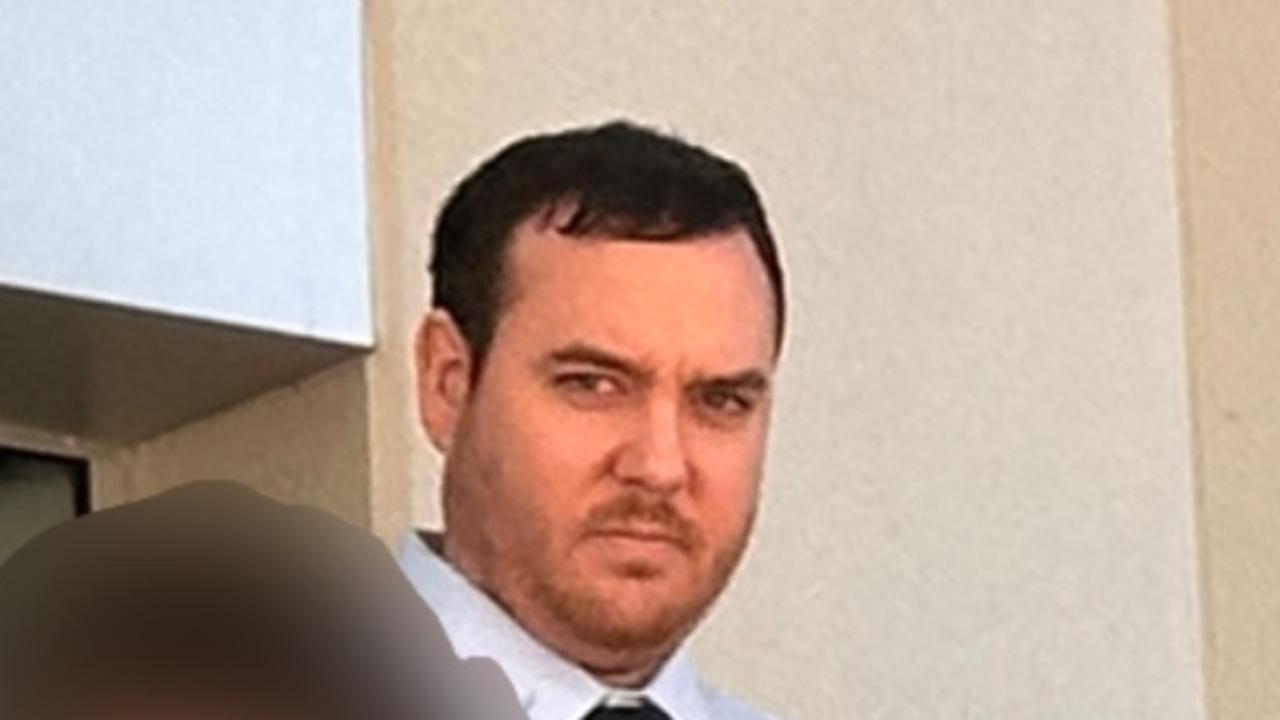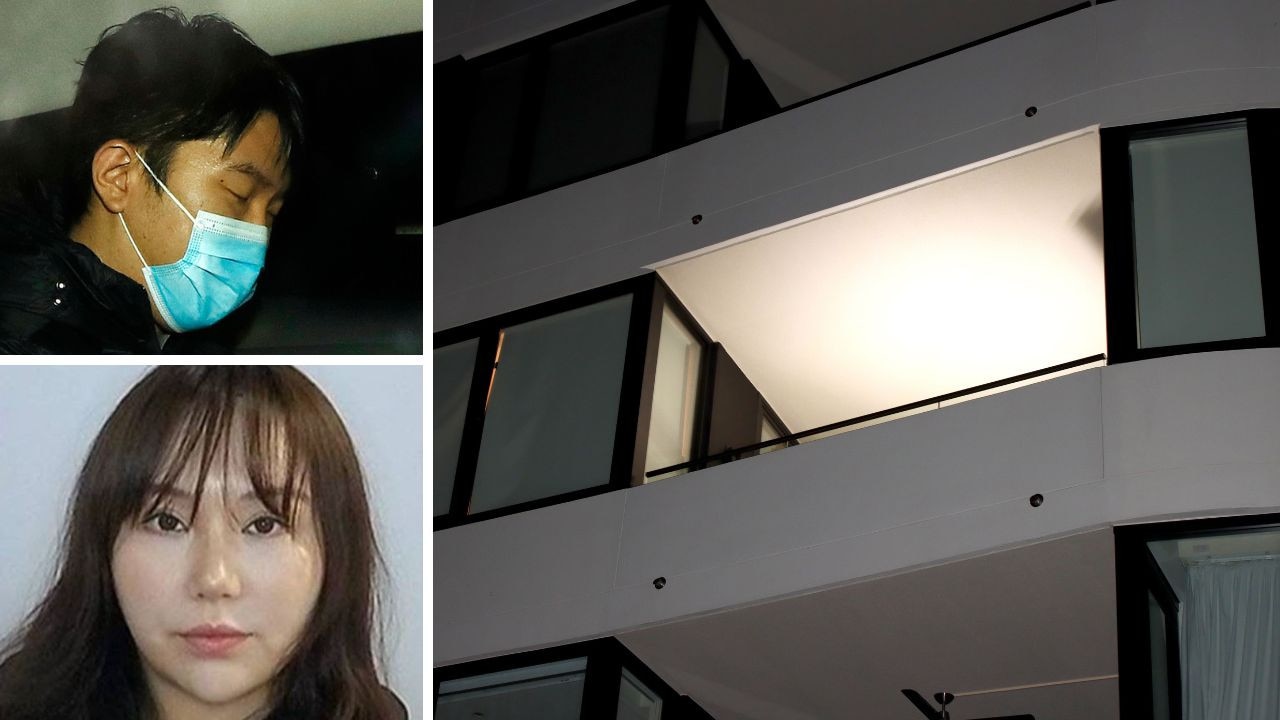Youth crime Qld: Human rights boss says tougher laws not the answer
A youth justice crackdown in the wake of a mother’s home-invasion murder will not work, the state’s human rights chief says.
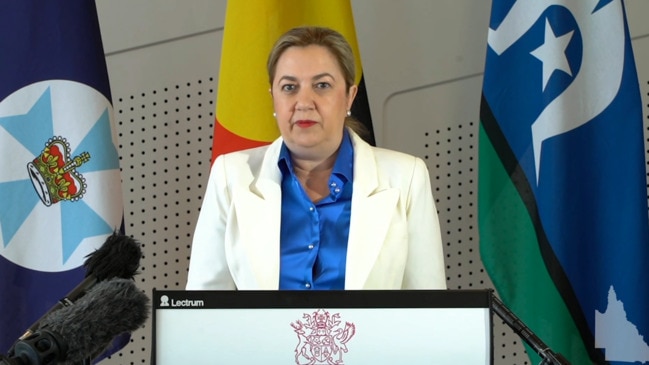
Police & Courts
Don't miss out on the headlines from Police & Courts. Followed categories will be added to My News.
A powerful super agency that can direct government departments must be created to help solve the state’s youth justice crisis, Queensland’s Human Rights Commissioner Scott McDougall says.
Health and education departments need to have stronger involvement in the issue, with prep children screened by professionals as part of a multi-agency response.
Mr McDougall said the police service “shouldn’t be driving the children’s wellbeing bus and should be in the back seat with child safety and youth justice”.
The Commissioner has written to Premier Annastacia Palaszczuk asking to be consulted on the government’s plan to toughen youth justice laws following the home invasion murder of Emma Lovell in December.
But he says there is no evidence the laws will work.
“There needs to be much better co-ordination and stronger involvement from education and health,” Mr McDougall told The Courier-Mail.
“There needs to be an agency which reports to a minister that has the ability to wrangle the big agencies and to get them to break down the silos.
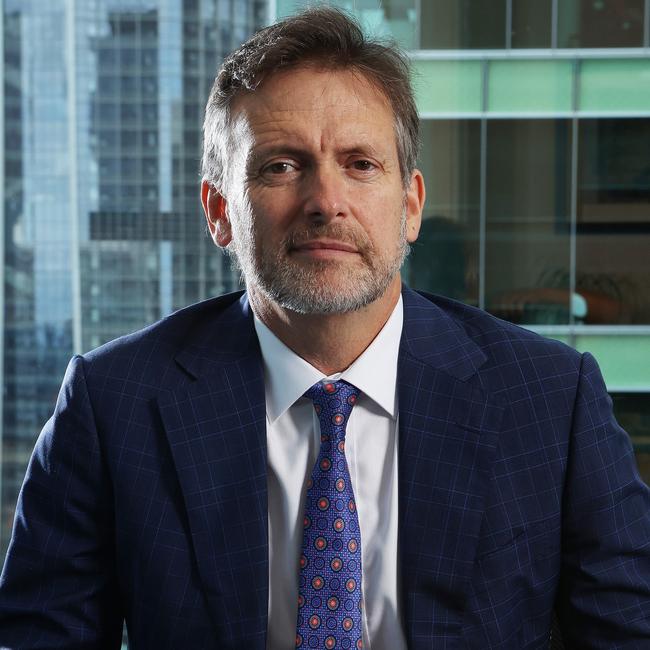
“It needs serious clout and the ability to co-ordinate and direct the resources.
“The minister for the Olympics, even the Co-ordinator-General pulls together big projects.
“It’s got to be wellbeing-focused, not youth justice.”
Mr McDougall said “crime crackdowns” had not improved the situation since he took the role in 2018, and professionals in the community weren’t being consulted.
“Instead we are resorting to quick-fix political solutions which might sound good but will actually have no bearing at all on addressing the issue of children’s needs, or I must say in protecting the rights of victims whose community safety is not improved through draconian measures,” he said.
Mr McDougall said funds for two proposed planned detention centres should instead be invested into early intervention and programs.
“The detention centres would probably cost in the hundreds of millions,” he said.
“These are extraordinary amounts of money to spend on a system that has been demonstrated not to work when there are clear alternatives which would actually protect the community and rebuild the lives of children.”

Mr McDougall said Aboriginal and Torres Strait Islander organisations should be more widely consulted and resourced to take responsibility for children’s “educational, emotional and spiritual growth”.
“So the role of education and the impact of children being disengaged from education on youth crime is well established and is such an obvious area to start with,” he said.
“Queensland Health needs to be involved much more earlier in the process …so that children’s needs when they arrive at prep are already identified.
“The obvious impact of very high rates of school expulsion for children who are indigenous, living in out of home care and with a disability is something that has not been adequately addressed.”
Mr McDougall said four years ago the issue of children being held in watch houses for up to three weeks came to light which was the “most serious human rights breach” that he would encounter in his role.
“But even more sadly it’s now four years since then and nothing has improved and as of today we now have upwards of 60-70 children being held in watch houses, some of whom again are spending up to a month or more in a watch-house,” he said.
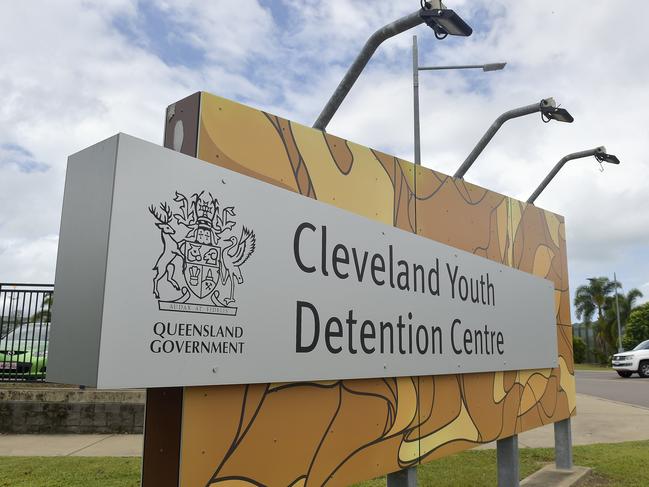
“And that is scandalous.”
In response to Mr McDougall’s call for a new agency, a government spokesman said the Department of Youth Justice already interacted with other government departments such as education, health and police to ensure the needs of young people were being met.
“For example, 18 multi-agency collaborative panels – which include representatives from a range of government departments – operate around Queensland and meet regularly to oversee intensive case management of serious repeat offenders,” he said.
“This work tackles the underlying complex factors that can contribute to offending, including drug and substance misuse, mental health and disengagement from schooling.
“Staff from a range of departments also work full-time in multi-agency groups like Cairns Safer Streets and the Townsville Stronger Communities Early Action Group to provide co-ordinated support to children and young people at risk of entering the youth justice system.
“The vast majority of young people who come into contact with the youth justice system do not offend.
“The toughened consequences for serious repeat offenders outlined by the Premier also include delivering rehabilitation during a young person’s sentence.”



